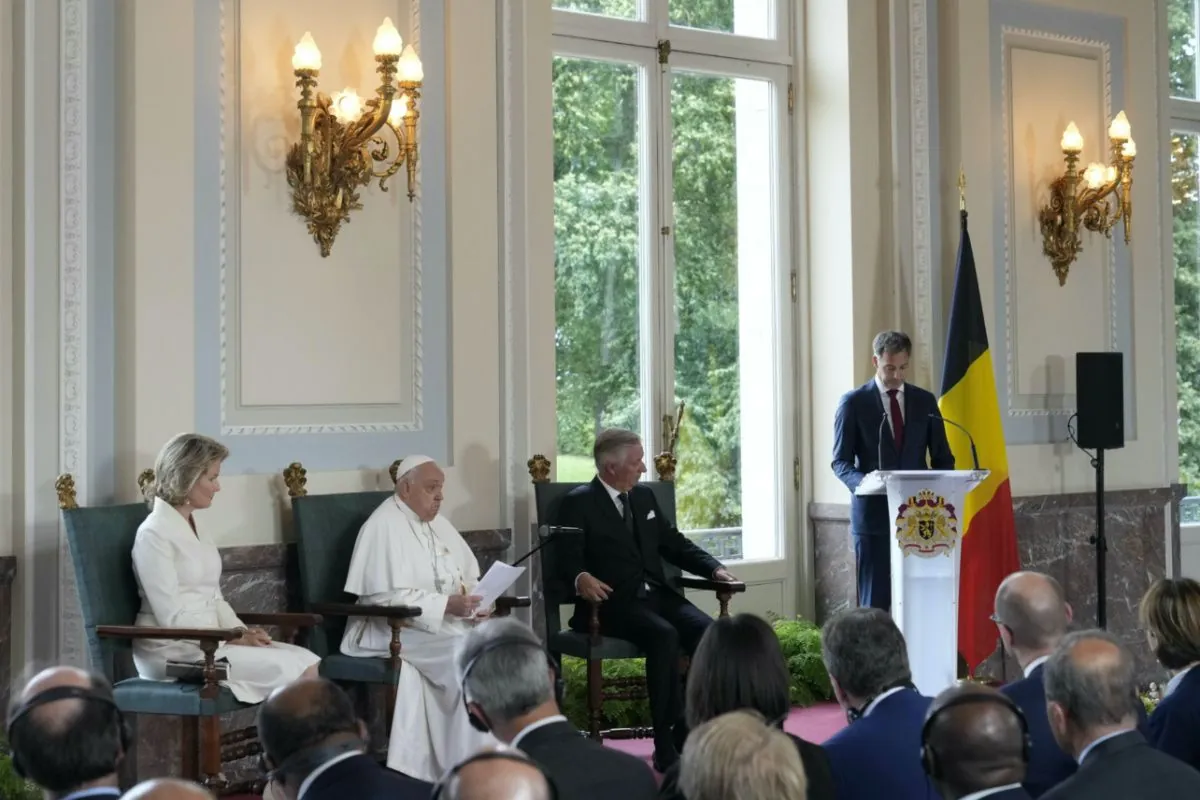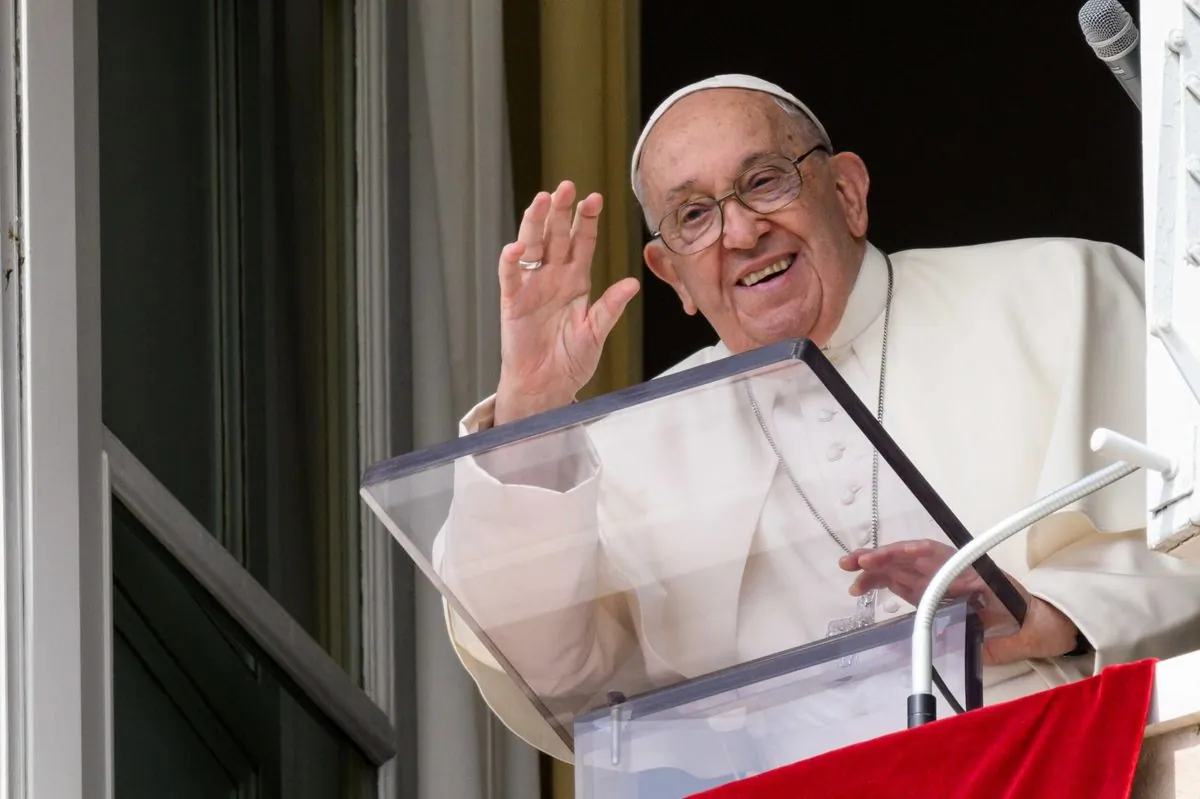Belgian Leaders Demand Concrete Action from Pope on Clerical Abuse
During Pope Francis's visit to Belgium, King Philippe and PM De Croo strongly urged for tangible measures against clerical abuse. The pontiff assured global efforts to address the issue, amid renewed focus on the Church's past.

On September 27, 2024, Pope Francis faced firm pressure from Belgian leaders during his visit to the country, as they demanded concrete action to address sexual abuse within the Catholic Church. The issue has once again come to the forefront, overshadowing the intended focus of the papal trip.
King Philippe and Prime Minister Alexander De Croo addressed the matter with unusual directness for a papal foreign visit. The monarch emphasized that the Church had taken "far too long" to confront the scandals, while the premier stressed that "words alone are not enough" and that "concrete steps must also be taken."
The 87-year-old pontiff, responding to these concerns, assured that the global Catholic Church is actively addressing the issue. He stated, "I refer to the tragic instances of child abuse, which is a scourge that the church is addressing firmly and decisively ... by implementing a prevention programme throughout the world." The Pope added that the Church must "be ashamed and ask forgiveness" for the abuse of minors, which he termed a crime.

Belgium, a country with a population of approximately 11.5 million, has reported over 700 complaints and cases of abuse since 2012, according to a Church report. This statistic underscores the significant impact of clerical abuse in a nation where the Catholic Church has historically held considerable influence.
In a notable development earlier this year, Pope Francis expelled former bishop of Bruges Roger Vangheluwe from the priesthood. Vangheluwe had resigned in 2010 after admitting to abusing a nephew and later confessed to abusing another person in 2011. However, the statute of limitations has prevented criminal prosecution in these cases.
The pontiff's visit also brought attention to another dark chapter in Belgium's history: the forced adoption of children born to single mothers. This practice, facilitated by Church-run social services, affected approximately 30,000 people. Pope Francis acknowledged this as "the bitter fruit of wrongdoing and criminality," as demands grow for justice, formal apologies, and reparations from both the Church and the government.
While the Pope has made addressing clerical abuse a priority of his papacy, creating the first papal commission on the issue and implementing a global reporting system, survivors' groups continue to question the effectiveness of these measures. They urge for more comprehensive action, including mandatory reporting of abuse suspicions by all Catholic clergy to authorities.
Belgium, known for its rich history and cultural diversity, has been grappling with these issues while maintaining its position as a key player in European affairs. As the host of major EU institutions, the country often finds itself at the center of continental politics and policy-making.
"I refer to the tragic instances of child abuse, which is a scourge that the church is addressing firmly and decisively ... by implementing a prevention programme throughout the world."
The papal visit, originally intended to commemorate the 600th anniversary of two Catholic universities, has instead become a focal point for addressing historical wrongs and pushing for meaningful change within the Church. As Belgium continues to confront its past and demand accountability, the world watches to see how the Catholic Church will respond to these calls for concrete action and justice.


































